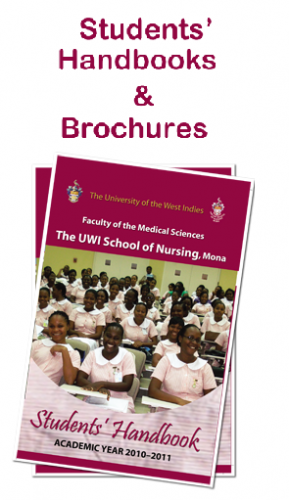Utility of paediatric quality of life and revised illness perception questionnaires in adolescents with sickle cell disease.
Abstract
Quality of life (QOL) and illness perceptions are important considerations when managing adolescents with sickle cell disease (SCD). This study aims to assess the psychometric properties of the SCD-specific paediatric quality of life (PedsQL™-SCD) and the revised illness perception questionnaires (IPQ-R) in Jamaican adolescents with SCD. One hundred and fifty Jamaican adolescents (M: 74, F: 76; mean age 16.1 ± 1.9 years, range: 13–19 years) completed the IPQ-R, PedsQL™-SCD (teen and parent forms) and a knowledge questionnaire. Socio-demographic and clinical data were also collected and the latter were used to create a severity index. Instruments’ structure, feasibility, reliability and construct validity were assessed. The Cronbach’s alpha for the 24-item knowledge questionnaire was 0.85; IPQ-R domains from 0.56 to 0.79 (except ‘treatment control’: 0.34); PedsQL teen-form domains from 0.70 to 0.93 and PedsQL parent-form domains from 0.72 to 0.95. All scales and subscales had low floor effects but some teen subscales yielded high ceiling effects. The SCD-specific scale and subscales showed high sensitivity as they varied significantly by severity of illness. Factor analysis of causal items on IPQ-R yielded a three-factor structure, explaining a total variance of 52.1%. The factors could be labelled as ‘psychological’, ‘physical’ and ‘innate/behavioural risk factors’. The teen QOL scores had significant negative correlations with the severity score (r: −0.46, p-value <0.001); IPQ identity domain (r: −0.42, p-value <0.001); IPQ consequences subscale (r: −0.36, p-value <0.001); IPQ cyclical timeline subscale (r: −0.31, p-value <0.001) and IPQ emotional representation subscale (r: −0.29, p-value <0.01). The severity index also had significant correlation with the QOL parent form (r: −0.44, p-value <0.001); IPQ identity domain (r: 0.43, p-value <0.01) and IPQ consequences domain (r: 0.35, p-value <0.001).
In conclusion, both the IPQ-R and PedsQL™-SCD demonstrate robust psychometric properties in adolescents with SCD. Continuing longitudinal study will provide further assessment of the instruments such as ‘responsiveness to change’.
Authors:
Asnani, M., Barton-Gooden, A., Grindley, M., & Knight-Madden, J.
Publication Year:
2016
Source:
Vulnerable Children and Youth Studies, 1-12
DOI:
10.1080/17450128.2016.1139222
Web Source:
Vulnerable Children and Youth Studies
Keywords:
Jamaican adolescents
Keywords:
Sickle cell disease
Keywords:
Quality of life
Keywords:
Illness perception
Keywords:
Psychometrics 